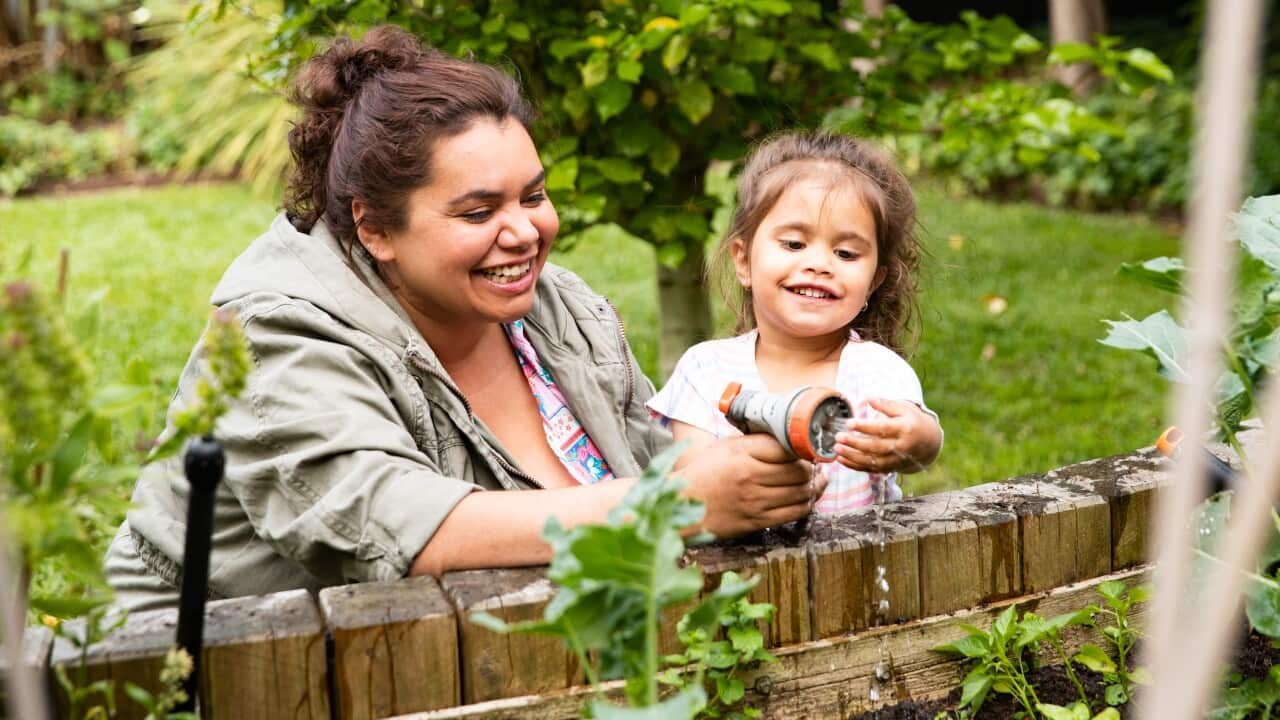This lesson is suitable for intermediate-level learners. After listening, test your knowledge with our quiz.
Learning notes
Different phrases to use when expressing fear:
- It’s a real worry!
- I’m petrified of / by the prospect of.
- It gives me the shivers.
- I’m worried sick.
Different phrases to use when expressing hope:
- I’m hoping for the best.
- I have high hopes for something.
- I believe we’re on the right track.
- There’s a good chance we can make a difference.
- Your optimism is encouraging.
Learning focus:
When you’re learning new words, it’s very important to pay attention to the little words that come after it. Look at what follows the words that we explain this this dialogue so that you know how to use them yourself:
- I’m petrified of / by the prospect of (something)
- I’m scared of / by the prospect of (something)
- I have high hopes for (something or someone)
- To be worried sick about (something or someone)
Notice that we say that something (like climate change) ‘scares’ or ‘petrifies’ or ‘worries’ us, but when we are describing what we feel as a result we say that we are ‘scared’ or ‘petrified’ of or ‘worried’ about it (so we add -ed).
Colloquial expressions:
It’s a real worry is a phrase we say when we are very worried about something.
What a shocker is phrase we use to express how much we dislike something that we think is really bad or worrying.
If you are worried sick about something or someone, you’re very, very anxious and upset about it.
When something gives you shivers, it makes you feel scared or uncomfortable.
To see the world through rose-coloured glasses means to look at life in a positive way and to see the best in things and people. .
To have high hopes for something or someone is to think that they will do well.
If something is a big challenge, it is difficult.
Being on the right track means moving towards the right direction.
Vocabulary:
Is something is becoming more frequent; it’s happening more often than before.
A pessimist is someone who tends to see the negative side of things and to think that the worst will happen.
An optimist is someone who tends to see the positive side of things and be hopeful that things will turn out well.
Transcript:
(Note: This is not a word-for-word transcript)
SBS acknowledges the Traditional Custodians of Country and their connections and continuous care for the skies, lands, and waterways throughout Australia.
Good day. I’m Josipa Kosanovic. Coming up is an episode in which you won’t hear the latest news.
I watch and listen to the news to stay informed about what’s happening around me. I find it that discussing the news with others is a great way to stay connected and practice English.
But sometimes, the news can be overwhelming because it often focuses on negative events and the bad things happening in the world.
It can make me feel anxious and exhausted, so I try to balance it out by watching some of my favourite programs that make me laugh. How about you? Do you watch the news regularly, or do you avoid it?
Either way, I think you’ll find this episode useful because we’ll practice phrases to help us explain how we feel after watching or listening to the news, both those that makes us feel scared and those that bring a little more joy and hope for the future.
Now, let’s imagine we’re entering a conference room where Allan and Claire are about to start a meeting. As they wait for their colleague to join them, they have time for a little chat.
Allan
Did you catch the latest report on climate change?
Claire
Yes, I did. What a shocker! it’s a real worry. I’m petrified by the prospect of extreme weather events becoming even more frequent.
Allan
I’m hoping for the best. I have high hopes for this new push for renewable energy sources.
Claire
Hmm...I understand. But honestly, the thought of climate change getting worse gives me the shivers. I’m worried sick about it.
Allan
I hear you, Claire. It’s a big challenge, but I believe we’re on the right track. There’s a good chance we can make a difference.
Claire
Ah, I hope you’re right. I really hope so, Allan. Your optimism is encouraging. I hope you’re right.
In this dialogue, Allan and Claire gave us phrases we can use in a lot of different situations to express our feelings – both positive and negative. First, let's talk about the negative ones.
Claire showed how much the report on climate change worried her. She said ‘What a shocker’ which is something we say when we really dislike something that we think is really bad or worrying.
She also used different ways of showing how much she was worried about the future. She said she was petrified that the extreme weather events could become even more frequent, that is, happening more often. She also says that the thought of the effects of climate change ‘gives her shivers,’ and ‘that she is ‘worried sick’ about it.
We use these phrases when we want to show that we feel very strongly about something which worries or scares us. Now, let’s look at them one by one.
So, after Allan asked Claire if she had seen the latest news on climate change, she said,
Yes, it’s a real worry.
We say, ‘It’s a real worry’ when we are very worried about something.
I think many of you will agree with me when I say that rising cost of electricity is a real worry.
I’m petrified at the thought of extreme weather events becoming even more frequent.
‘I’m petrified’ means that ‘I am very, very scared.’ It's a strong way to express fear. You can say that you are petrified of something that scares you, so I am petrified of heights and spiders, or you can say that you are petrified by the possibility of something which is going to happen.
Like Claire, I am also petrified by the thought that there will be even more bad weather in the future – it’s already serious enough!
I’m worried sick about it.
If you are worried sick, you’re very, very anxious and upset about something. This means you can’t stop thinking about it, and it makes you feel really stressed.
I can think of a lot of times when we might feel worried sick. If your child hasn’t come home from school and you don’t know where they are, for example, or if you don’t have enough money to pay your bills, or if you need to have a difficult conversation with your boss, or you are waiting for the results of a medical test.
Claire also said,
The thought of climate change getting worse gives me the shivers.
When something gives you shivers, your body literally shakes because it is cold or scared. So, if something gives you shivers, it makes you so nervous or frightened that you feel a cold sensation in your body.
Seeing someone get hurt or hearing about a serious crime where I live gives me shivers in the same way as watching a horror story. In fact, I’m not a big fan of scary movies because they give me the shivers.
There are so many other ways to express fear in English, but I don't feel like talking about it anymore. I like to focus on the good things in life I prefer seeing the world through rose-coloured glasses.
That means to look at life in a positive way and to see the best in things and people. How about you?
Are you a pessimist, someone who tends to look for and sees the negative side of things and to think that the worst will happen, or are you more like me, an optimist who tends to see the good in everything?
I think Allan is an optimist because he focuses on hope. Let’s look more closely at the phrases he uses to express his hopes for the future.
I’m hoping for the best.
I’m hoping for the best. We can use this phrase every time we’re looking forward to a positive outcome or result and we really think that things will turn out well.
Allan also said,
I have high hopes for this new push for renewable energy sources.
When you have high hopes for something, you believe that it will turn out well or be successful.
Allan feels positive and optimistic that efforts to use more renewable energy like solar or wind power will help with climate change. He acknowledged that it would not be easy, he said,
It’s a big challenge but I believe we’re on the right track.
‘Being on the right track’ means moving forwards in the right direction.
So, when you say to someone, ‘It’s a big challenge, but I believe we’re on the right track,’ you're admitting that things are hard, but you're sure we're doing the right things to overcome the problems. It shows that you're optimistic about reaching our goals.
And when you want to tell someone that their positive way of looking at things makes you feel better about a situation, you can say,
Your optimism is encouraging. I hope you’re right.
It’s like saying, ‘It feels good to hear that you are so hopeful.’
A big thank you to our educational consultant, Professor Lynda Yates, and our guest Janice Petersen.
Paul Nicholson and Lily O'Sullivan voiced the characters of Allan and Claire.





